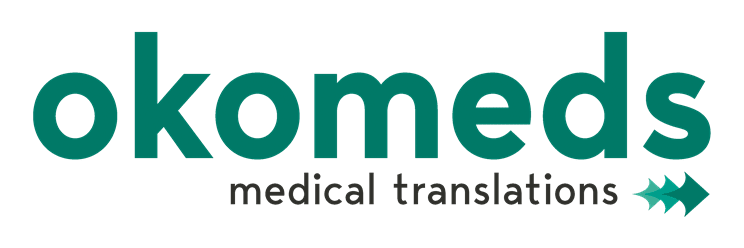
10 Mar Why does a pharmaceutical company require translators?
Pharmaceutical products and processes are fields in which countries have specific regulatory bodies, as their population health is at stake. This means that a lot of technical information must be translated from the source language (usually, but not always English) into local languages.
In an industry where production from research to the market means huge investments, translators need specific requirements including technical background and experience.
Furthermore, documents concerning pharmaceutical products have two main targets, professionals (research, patent documents, Summaries of Product Characteristics –SPCs are required as part of the authorization process in the EU-) and patients (information for use, instructions-for-use inserts, package insert, Product Information Leaflets –PILs are required by the FDA in the US -). This represents an important challenge for the right professional in order to ensure not only accuracy both in content and terminology, but also consistency.
This is why managing a pharmaceutical company has – among others – an essential requirement for success: adequate pharmaceutical translators.
In this article we examine some of the pharmaceutical translator’ s tasks.
Can a pharmaceutical company afford not to work with the best pharmaceutical translators?
Documents and Tests
Due to the very serious consequences that a mistranslation can have, any pharmaceutical document requires professional experience, care, accuracy, research skills and professional resources. Reliable translation services are a must for a pharmaceutical company. This includes Pharmacological studies, Case Report Forms (CRFs), Adverse Event Reports, Product information and labeling, Manufacturing SOPs and IRB/IEC documentation, among others.
As for tests, any test, including genetic testing, which is carried out in the company might use that information for further researches. And, does everything need translation? Maybe, it depends on the target language or on the target market or target bodies who require local language. But the figure of a pharmaceutical translator will be required in that scenario for making communication and avoiding potential mistakes.
Anyhow, in a pharmaceutical company, translation agencies must develop a term base for their translators, both to reduce translation costs and prevent any terminology misunderstandings. This term base must also include proper medical terminology and a simplified version of it, taking into account the different target markets.
Metaphors, euphemisms and synonyms should be dealt with carefully.
Meetings
A growing pharmaceutical company always arranges meetings with providers,, purchasers, potential customers, which come with great responsibility… But they all do not necessarily speak the same language. Therefore, the figure of an up-to-date knowledge pharmaceutical translator appears to be vital for taking charge of the prelevant documentation and making communication easier. This involves professionals in pharmaceutical and healthcare fields with degrees or BAs in interpreting or translation.
Drugs and patient documents
Pharmaceutical products are a highly-regulated market. When new drugs arrive to the local market, some quality procedures are compulsory. The World Health Organization and other healthcare international bodies have certain rules and standards (for example ISO). So, apart from a pharmaceutical translator who carries out the leaflet translation, the company should count with a pharmaceutical translator for linguistically adapting such regulations.
During the drug development process and its trials patient related documents might need to be translated, such as: Informed Consent Forms (ICFs), patient surveys and diaries and patient recruitment materials.
Patents and Contracts
Pharmaceutical translators must not only be reliable for good quality contents, but also, because patent descriptions and legal contracts must be treated confidentially.
Patents and legal contracts are required before selling any drug. So, the company should work with pharmaceutical translators. Such legal, medical and pharmaceutical documents require a specialised and detailed translation work which should always be carried out by a professional.
Not only that. At the same time the desire for global access to various treatments expands, pharmaceutical industry is constantly developing.
Therefore, it seems clear that pharmaceutical translators are very important for a pharmaceutical company. We have analysed in this article some of the mandatory or greatly suggested tasks they carry out in a pharmaceutical company. The question is, can a pharmaceutical company afford not to work with the best pharmaceutical translators?






No Comments